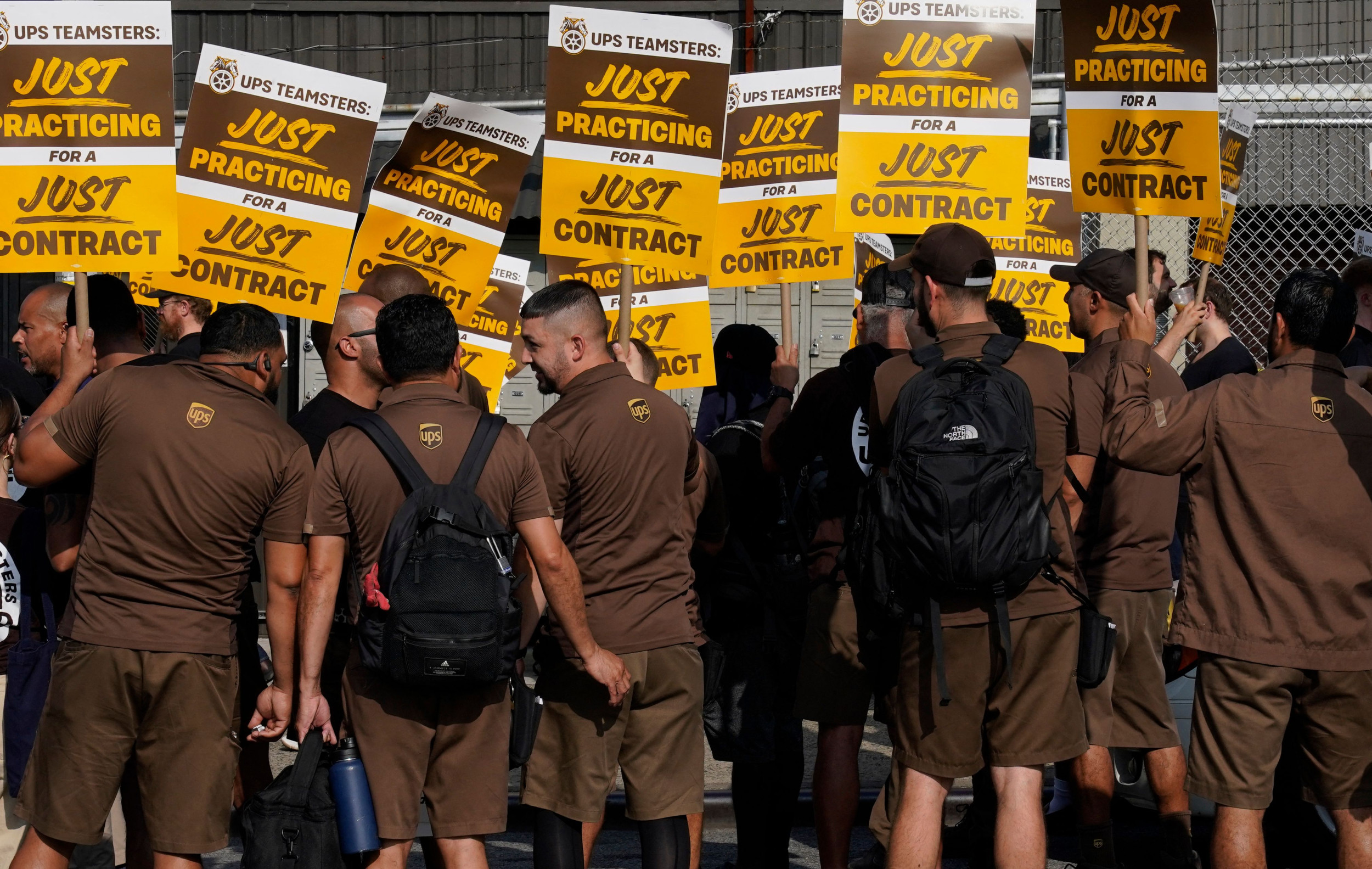August 1. This is the expected date of the 10-day UPS (United Parcel Service) strike. Now, while this might not seem that significant at first, this is predicted to cost the US economy more than 7 billion dollars. That is a lot of money.
If it were to take place, this strike would be considered the costliest in American history, almost doubling the cost of the General Motors strike which took place in 2019. Similar to any other strike, these workers were fighting for less overtime hours, more full-time jobs, and no more two-tier pay.
As UPS tries to negotiate an agreement with its workers, the UPS Teamsters Union (one of America’s biggest and most diverse unions) relentlessly threatens the company with a strike if this dispute is not solved by the end of July.
With all this being said, what are the costs that this strike poses to the American economy? For one, it is estimated that UPS itself would be at a loss of more than $800 million. Additionally, UPS workers will have lost more than a billion dollars in wages.
But, this issue doesn’t only impact the company and its workers. According to the Anderson Economic Group, the estimated costs for consumers and small businesses would be $4.6 billion.
Although UPS has had one other strike in the past, its magnitude is nothing compared to the recent strike. In 1997, the Teamsters engaged in a 16-day strike, causing UPS to shut down its operations. But, this was at a time when UPS was a lot less crucial to the United States economy. Right now, UPS delivers almost 21 million packages daily, and this strike would reduce that amount greatly, therefore impacting a plethora of firms and even other work sectors.
Currently, UPS is doing as much as it can to reach a settlement, and they have supposedly been ignoring the economic speculations of this strike and focusing on resolving it instead.
But clearly, UPS has been taking many provocative actions that can help safeguard the company if the strike does take place. For example, the company is starting to train its 100,000 nonunion employees, and recently, they seem to be concentrating on their international delivery services.
Regardless of what happens, this issue truly shows us the important place that such a company holds in our life and brings up an important question: How can such pivotal companies ensure that their workers are satisfied without incurring excessive losses? With the two weeks or so that remain, it remains to be seen how UPS will handle this intensive situation.










+ There are no comments
Add yours